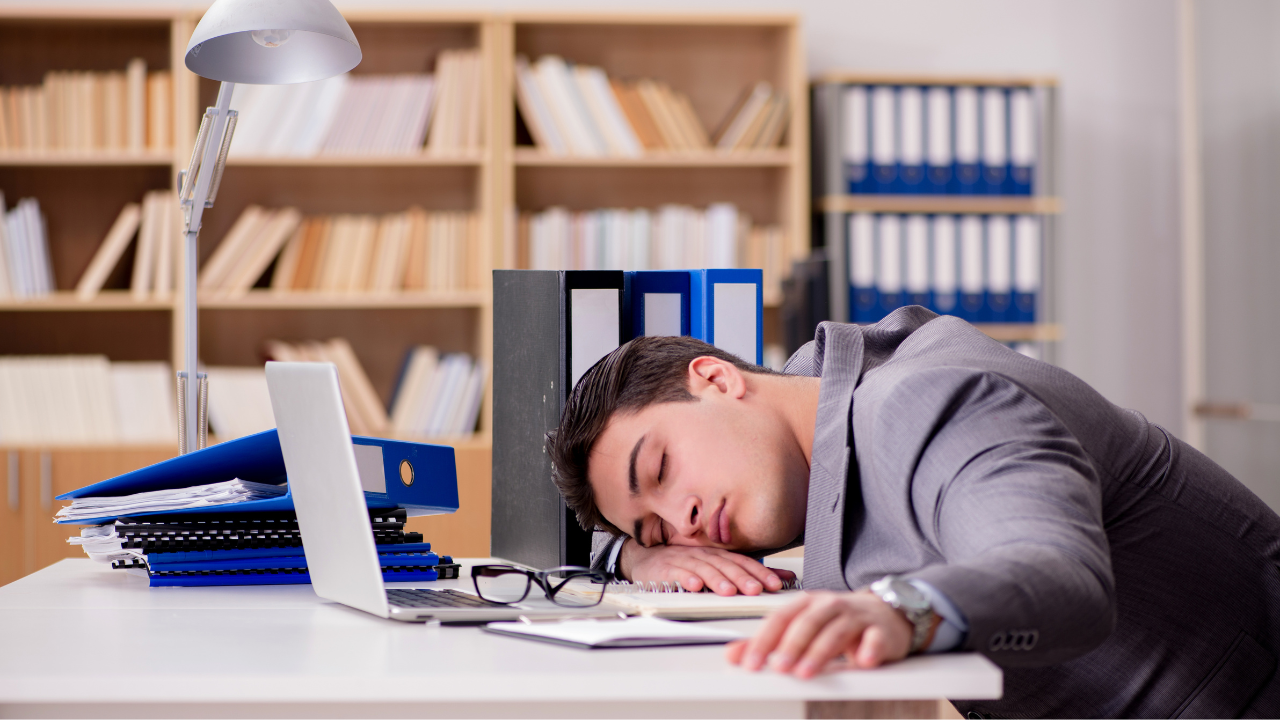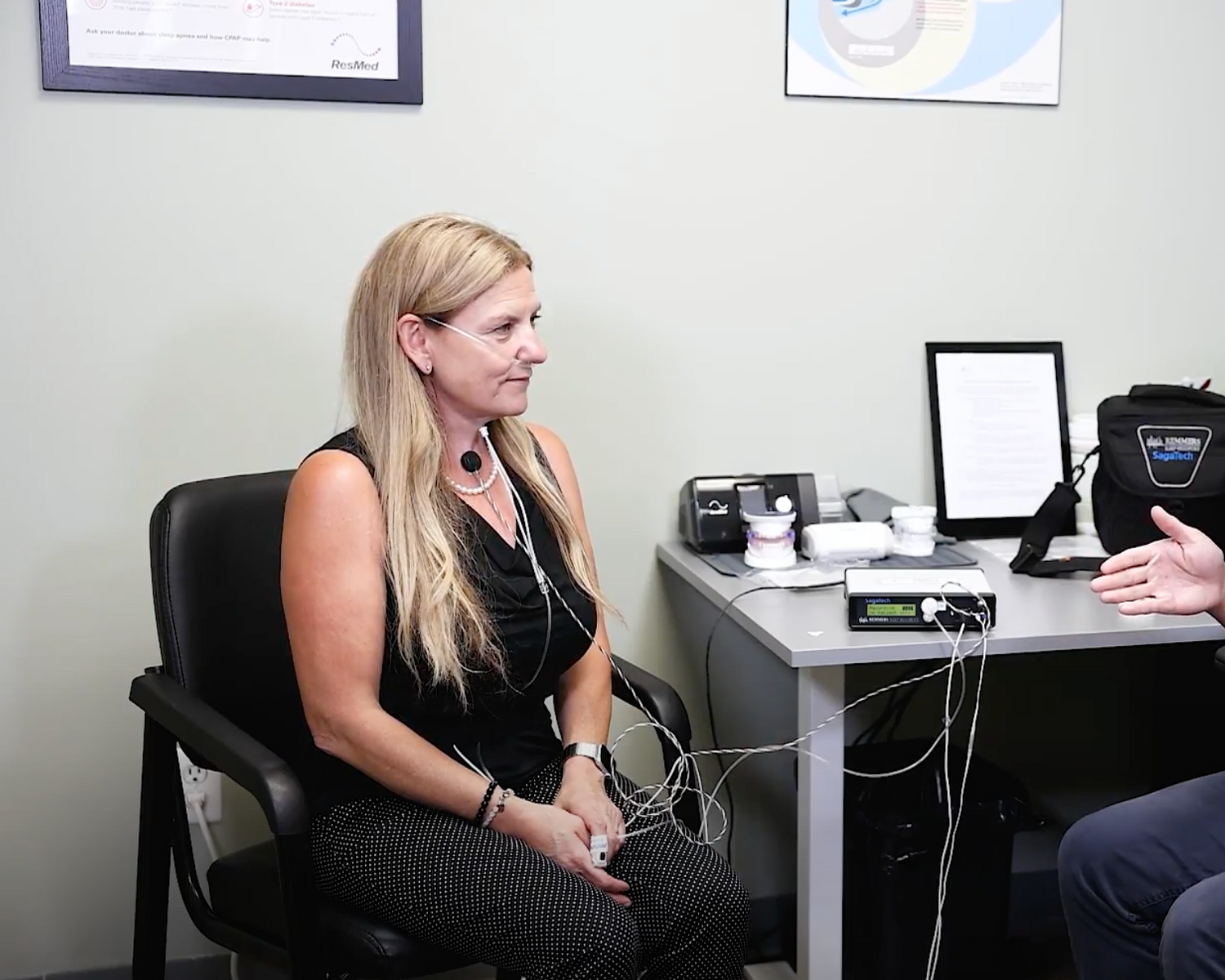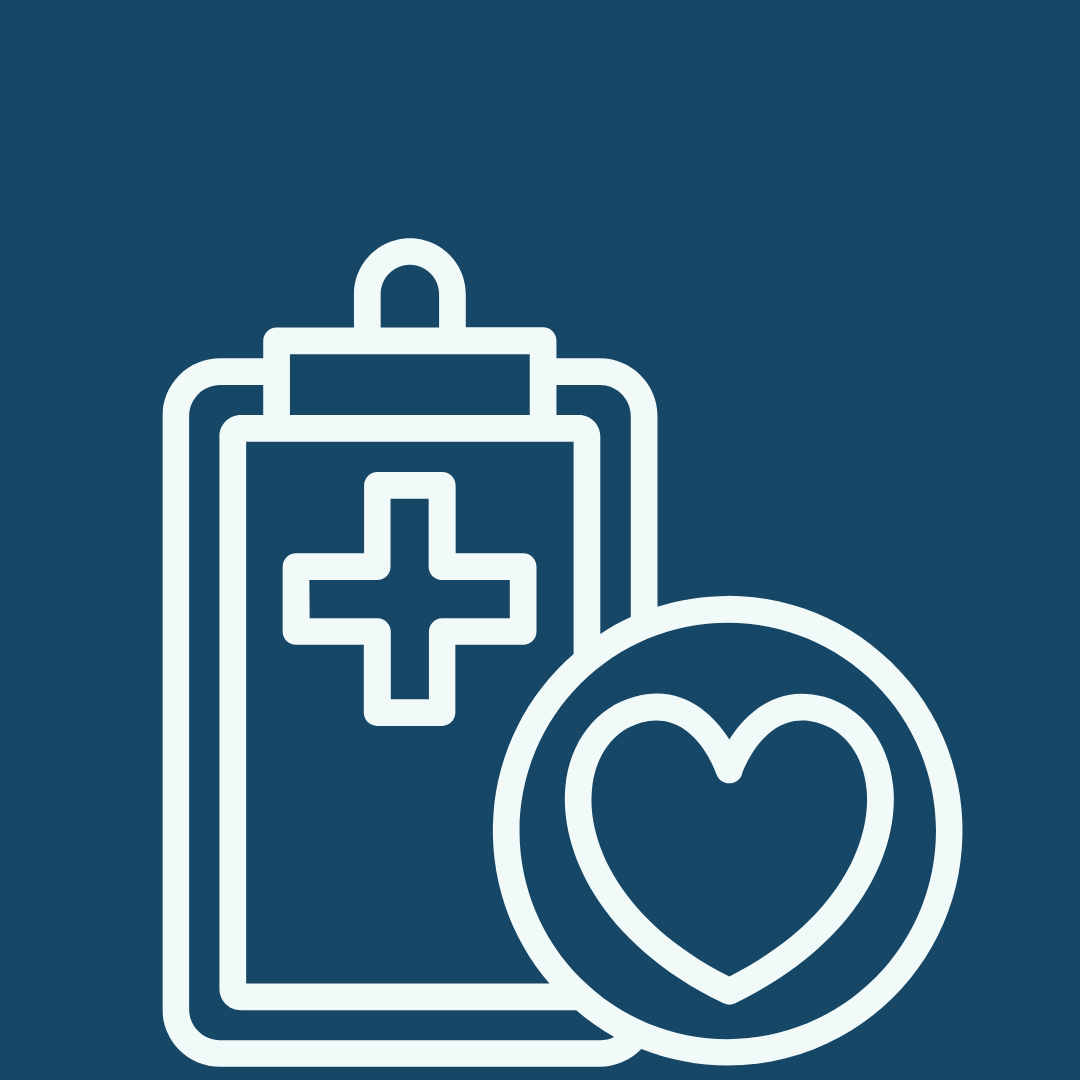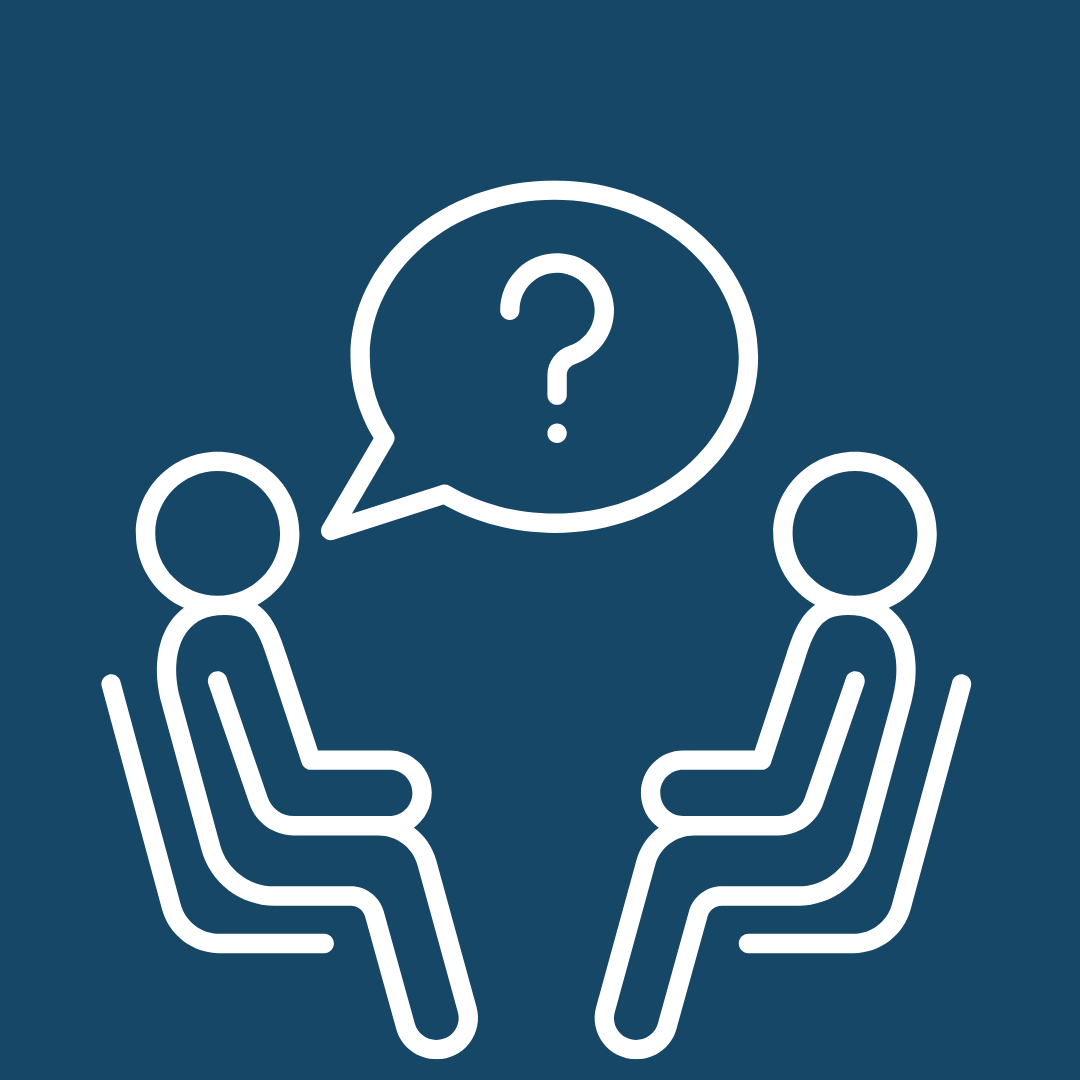
Tired All Day, Every Day? It Could Be Excessive Daytime Sleepiness
Excessive Daytime Sleepiness (EDS) goes beyond feeling tired. It can affect your focus, safety, and health. At The Sleep Institute, we offer physician-led assessment and diagnosis to uncover what’s disrupting your sleep. No referral required.
What Is Excessive Daytime Sleepiness (EDS)?
Excessive Daytime Sleepiness is a persistent and overwhelming urge to sleep during the day, even after what seems like a full night’s rest. It can interfere with work, school, relationships, and daily responsibilities and it’s often a sign of an underlying sleep disorder.
This condition affects more than your energy, it impacts your memory, mood, focus, and safety. EDS is not just being tired. It’s your body telling you that something deeper is wrong with your sleep or health.
Understanding the root cause of your EDS is essential to finding the right treatment.
Common Causes of EDS
-
1. Sleep Apnea
Explore Sleep Apnea DiagnosisSleep apnea is one of the leading causes of EDS. Breathing repeatedly stops and restarts during sleep, preventing deep, restorative rest — even if you’re not conscious of the awakenings.
Signs include:- Loud snoring
- Gasping or choking at night
- Waking up feeling unrefreshed despite a full night in bed
Untreated sleep apnea can lead to serious health conditions like high blood pressure, heart disease, and diabetes.
-
2. Narcolepsy
A less common but serious cause of EDS, narcolepsy is a neurological disorder that affects the brain’s control over sleep-wake cycles.
Symptoms include:- Sudden “sleep attacks”
- Muscle weakness (cataplexy)
- Sleep paralysis
- Vivid dreams
Narcolepsy often goes undiagnosed, yet significantly impacts quality of life.
-
3. Insufficient Sleep or Partial Sleep Restriction
Chronic sleep deprivation — even just 1–2 hours less sleep per night — can build into sleep debt, leading to daytime exhaustion.
Causes include:- Late-night screen use
- Work schedules
- Travel
- Lifestyle habits that interfere with sleep
Even in the absence of a formal sleep disorder, insufficient sleep can be just as disruptive to your daytime function.
-
4. Other Contributing Factors
- Insomnia: Difficulty falling or staying asleep
- Medications: Some antidepressants, antihistamines, and sedatives cause drowsiness
- Chronic medical or mental health conditions: Anxiety, depression, and fatigue syndromes may contribute to EDS

Symptoms of EDS
You may be suffering from Excessive Daytime Sleepiness if you:
- Frequently feel drowsy or nod off during the day
- Struggle to stay awake at work, school, or while driving
- Wake feeling unrefreshed, despite 7–9 hours of sleep
- Have difficulty concentrating or remembering things
- Experience low energy, motivation, or mood throughout the day

Diagnosing the Root Cause
At The Sleep Institute, our Sleep Physicians conduct a thorough evaluation to determine what’s disrupting your sleep. This may include:
- Sleep history review and symptom screening
- Sleep questionnaires
- Overnight sleep studies (Level 1 or Level 3 sleep tests)
- Daytime assessments to evaluate the severity of your sleepiness

Treatment Options for EDS
Treatment depends on the cause. At The Sleep Institute, we offer comprehensive plans, which may include:
- CPAP therapy for sleep apnea
- Medications to regulate wakefulness in narcolepsy
- Cognitive Behavioral Therapy for Insomnia (CBTi)
- Sleep hygiene coaching and behavioral changes
- Medication adjustments if side effects are involved
Our goal is to address the underlying cause — not just mask the symptoms.

When to Seek Help
If EDS is affecting your energy, work, relationships, or overall well-being, don’t wait. Persistent daytime sleepiness is not normal — and it’s not something you should have to live with.
Early diagnosis leads to better outcomes, more energy, and improved quality of life.
Why Choose The Sleep Institute?
-

Direct access to board-certified Sleep Physicians
-

Full range of sleep diagnostics: Level 1, 2, and 3 sleep studies
-

Personalized treatment plans based on real data
-

Covered by Alberta and NWT Health
-

No referral required
We don’t just treat symptoms — we uncover and treat the cause.

Take the First Step Toward Better Days and Better Nights
You don’t have to push through the exhaustion or rely on caffeine to function. With expert care from The Sleep Institute, you can get answers, receive treatment, and finally feel rested again. Covered by Alberta and NWT Health | No Referral Needed
Sleep Education Hub
-

CPAP Sore Throat and Congestion: What Helps
Using CPAP therapy is one of the most effective treatments for obstructive sleep apnea, but for some users, side effects like a sore throat, congestion, or throat irritation can make...
CPAP Sore Throat and Congestion: What Helps
Using CPAP therapy is one of the most effective treatments for obstructive sleep apnea, but for some users, side effects like a sore throat, congestion, or throat irritation can make...
-

Green Noise for Sleep: What It Is and How It He...
In this guide, we break down everything you need to know about green noise, including what it is, how it differs from white and brown noise, and whether it can...
Green Noise for Sleep: What It Is and How It He...
In this guide, we break down everything you need to know about green noise, including what it is, how it differs from white and brown noise, and whether it can...
-

Do You Stop Breathing in Your Sleep? When to Ge...
Pauses in breathing, whether they last a few seconds or are repeated dozens of times per hour, are often a sign of sleep apnea, a common but underdiagnosed sleep disorder...
Do You Stop Breathing in Your Sleep? When to Ge...
Pauses in breathing, whether they last a few seconds or are repeated dozens of times per hour, are often a sign of sleep apnea, a common but underdiagnosed sleep disorder...
Subscribe To The Sleep Institute Newsletter
Get exclusive access to new products, special offers, and the latest on all things sleep.







